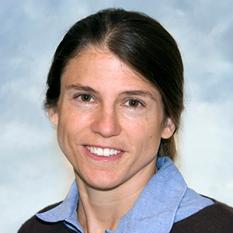Michelle Hampson

Professor of Radiology & Biomedical Imaging and Biomedical Engineering
Office Address:
300 Cedar Street
New Haven, CT
06511
Mailing Address:
P.O. Box 208043
New Haven, CT
06520
Phone: (203) 737-5994
Email: michelle.hampson@yale.edu
Degrees:
- Ph.D., Boston University
- B.S., University of Alberta
Interests:
My lab is focused on the development and application of new functional brain imaging paradigms. These include resting state functional connectivity analyses and neurofeedback via real-time fMRI (rt-fMRI). Rt-fMRI neurofeedback has great potential as a clinical treatment for mental and neurological disorders. When used in conjunction with resting state functional connectivity assessments (collected before and after the neurofeedback), it provides a powerful perturb-and-measure approach for studying human brain function.
Selected Publications:
- Rance M, Walsh C, Sukhodolsky DG, Pittman B, Qiu M, Kichuk SA, Wasylink S, Koller WN, Bloch M, Gruner P, Scheinost D, Pittenger C, Hampson M. Time course of clinical change following neurofeedback. NeuroImage 2018, 181:807-813.
- Gerin MI, Fichtenholtz H, Roy A, Walsh CJ, Krystal JH, Southwick S, Hampson M. Real-Time fMRI Neurofeedback with War Veterans with Chronic PTSD: A Feasibility Study. Frontiers In Psychiatry 2016, 7:111.
- Scheinost D, Stoica T, Wasylink S, Gruner P, Saksa J, Pittenger C, Hampson M. Resting state functional connectivity predicts neurofeedback response. Frontiers In Behavioral Neuroscience 2014, 8:338.
- Scheinost D, Stoica T, Saksa J, Papademetris X, Constable RT, Pittenger C, Hampson M. Orbitofrontal cortex neurofeedback produces lasting changes in contamination anxiety and resting-state connectivity. Translational Psychiatry 2013, 3:e250.

